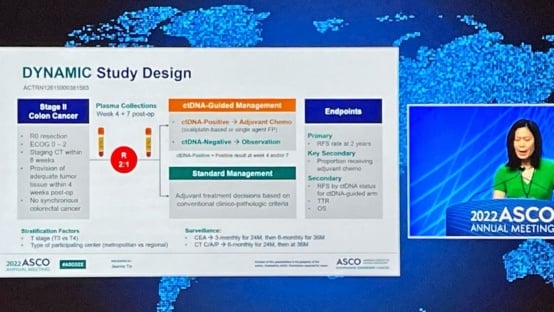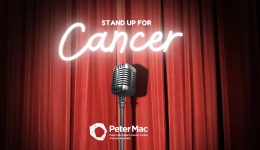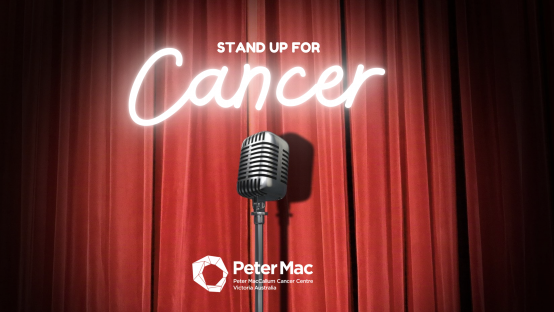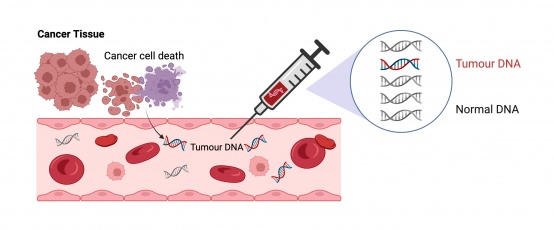Menu
-
Patients and carers
Patients and carers
-
Becoming a Peter Mac patient Becoming a Peter Mac patient
-
Types of cancer Types of cancer
- Treatments
-
Tests and diagnosis Tests and diagnosis
- Health services
-
Children and young people Children and young people
- Clinical Trials
-
Support and Wellbeing Support and Wellbeing
-
Information and resources Information and resources
- A-Z of cancer words and terms
- Aboriginal and Torres Strait Islander cancer information
- Can-Sleep
- CAR T-cell therapy guide
- Children, adolescents and young adults
- Clinical trials, treatment and procedures
- Coping with cancer
- Coronavirus information
- Diet, exercise and lifestyle
- Fear Less
- Genetic testing for Bone Marrow Failure Syndromes
- Genetics and family cancers
- Moving around safely at Peter Mac
- Home-based stem cell transplants
- Prevention and screening
- Sexual and reproductive health
- Shared decision making
- Elder Abuse
- Your visit to Cancer Imaging
- Complementary therapies
- PREP-4-RT
- Cancer education
- Your Patient Navigator
- Visitor information
- Your Thoughts Matter
- Patient service areas
-
Becoming a Peter Mac patient
-
Health Professionals
Health Professionals
-
Refer a patient Refer a patient
-
Cancer services for your patient Cancer services for your patient
-
Oncology information Oncology information
- Clinical Trials
-
Allied Health resources Allied Health resources
-
Prevention and assessment Prevention and assessment
-
Refer a patient
-
Research
Research
- Laboratory research
- Clinical research
-
Health services research Health services research
- Research support services
- Sponsoring a Clinical Trial
-
Research Centres and Centres of Excellence Research Centres and Centres of Excellence
-
Industry and commercialisation Industry and commercialisation
- Cohort studies
-
Translational Research Centres Translational Research Centres
- Research Technologies
-
Education
Education
-
Careers
Careers
-
About us
About us
- About Peter Mac
- Locations
-
Interpreter services and languages Interpreter services and languages
-
Get involved Get involved
-
Partnerships at Peter Mac Partnerships at Peter Mac











